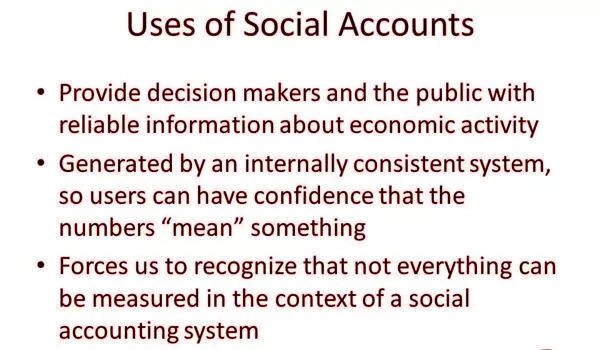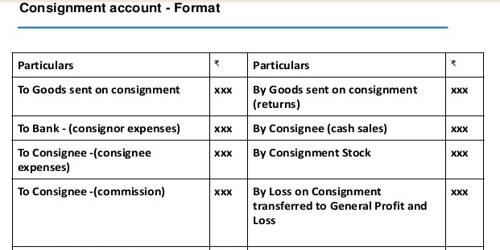Social accounting aids in understanding the economic structure of the body. It aids in understanding the structure of an economy and the relative importance of various sectors and flows. It informs us not only about national income but also about the size of production and consumption, the level of taxation and saving, and the economy’s reliance on foreign trade. It is critical to the evaluation and formulation of government policies in the present and future.
The uses of social accounting are as follows:
- In Classifying Transactions:
A country’s economic activity involves numerous transactions such as buying and selling, receiving and paying income, exporting and importing, paying taxes, and so on. The great strength of social accounting lies in correctly categorizing and summarizing these various types of transactions and deriving aggregates such as national income, national expenditure, saving, investment, consumption expenditure, production expenditure, government spending, foreign payments and receipts, and so on.
- In Understanding Economic Structure:
Social accounting assists us in understanding the economic structure of the body. It provides information not only about national income but also about the size of production and consumption, the level of taxation and saving, and the economy’s reliance on foreign trade.

- In Understanding Different Sectors and Flows:
Social accounts shed light on the relative importance of various sectors and flows in the economy. They indicate whether the contribution of the production sector, the consumption sector, the investment sector, or the rest of the world sector is greater than that of the other sectors in the national accounts.
- In Clarifying Relations between Concepts:
Social accounts aid in clarifying the relationships between related concepts such as net national product at factor cost and gross national product at market prices.
- In Guiding the Investigator:
Social accounts serve as a guide for economic investigators by indicating the types of data that may be collected for analyzing the economy’s behavior. Such information could pertain to the gross national product, government spending on goods and services, private consumption expenditure, gross private investment, and so on.
- In Explaining Trends in Income Distribution:
Variations in the components of social accounts provide insight into trends in income distribution within the economy.
- In Explaining Movements in GNP:
Movements in the gross national product valued at constant prices and expressed per head of population indicate changes in the standard of living. Similarly, changes in productivity can be measured by relating gross national product valued at constant prices to working population per head.
- Provide a Picture of the Working of Economy:
Social accounts provide an ex post picture of how the economy operates. “They can also be used as a framework for developing an ex ante forecast of the likely outcome of the economy in the future.” Thus, social accounts ensure forecast consistency, both internally and in relation to other known facts.”
- In Estimating Effects of Government Policies:
The significance of social accounts lies in estimating the effects of government policies on various sectors of the economy and in formulating new policies in response to changes in economic conditions revealed by national income accounts. Their primary function is to assist the government in judging, guiding, or controlling economic conditions and formulating economic policies aimed at maximising national income, maintaining high levels of employment, reducing income and wealth inequalities, preventing excessive price increases, conserving foreign exchange, and so on.
- Useful for International Purposes:
Social accounting is also useful for international purposes. A comparative study of the social accounts of various countries around the world aids in the classification of countries as underdeveloped, less developed, or developed. The United Nations’ various agencies make provisions for aid to poor countries around the world based on social accounts.
















